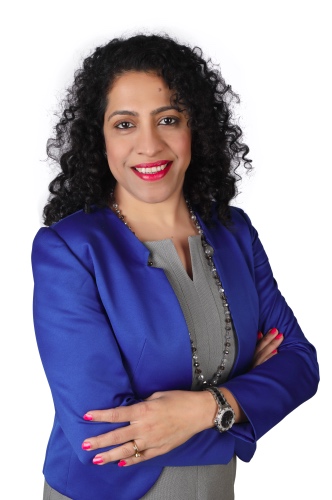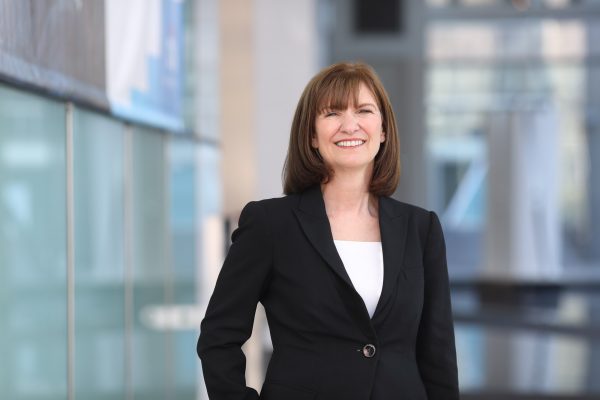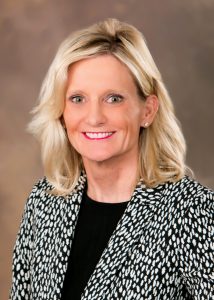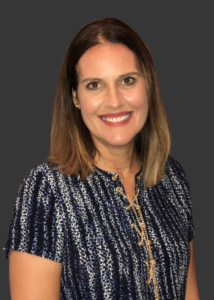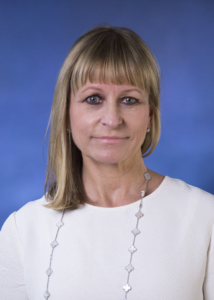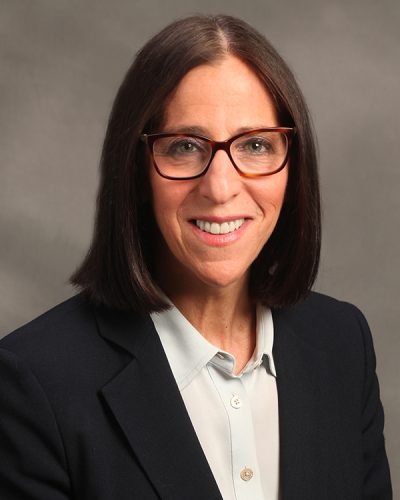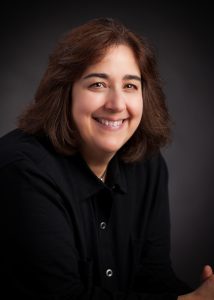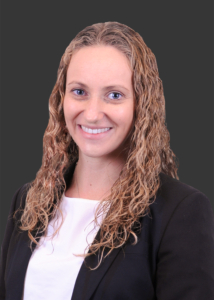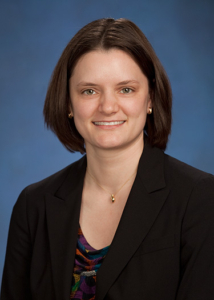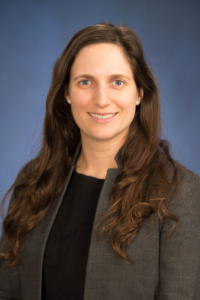 It’s important to be patient when you are more junior and to realize that building a business can take several years.
It’s important to be patient when you are more junior and to realize that building a business can take several years.
“If you work hard and are consistent, you will get there,” says Goldman Sachs’ Agostina Pechi. Yet, she adds that you have to balance that patience with an ability to speak up and vocalize your intention to take on additional responsibility. “You have to make sure that management is aware of the work you are doing,” she says, adding that “mentors and sponsors who can vouch for your work are extremely valuable.”
Building an Expertise in Latin America
After studying economics at Torcuato Di Tella University in Argentina, Pechi moved to London to work for Deutsche Bank in their emerging markets group. Her work at Deutsche Bank took her to Mexico City and then to New York, where she worked as part of the Latin American coverage team. Through working in different environments and under different supervisory styles, she gained what she believes to be an important skill for success: adaptability.
In 2013, Pechi decided to move to Goldman Sachs. “I found it valuable to be based in the headquarters, close to leadership and decision making,” she says. She was tapped to build a Latin American institutional coverage team for the firm that has since expanded its coverage to smaller market countries.
“It was extremely rewarding to know that the firm trusted us to produce in these markets that don’t have as much access to Wall Street and liquidity in their currencies.” She says that the firm’s increased involvement in smaller markets has fostered its reputation in the region, generating new business, with revenue comparable to that of larger economies. “Direct investment is key for these economies to grow – it’s important for them to obtain financing to facilitate investments in key areas such as infrastructure, and it has been rewarding to help clients in these regions achieve their goals,” she says.
Pechi considers the growth of fintech to be one of the most important rising trends, namely due to the way the sector will disrupt existing business methods. She believes that Goldman Sachs is on the cutting edge of this change, and will be able to expand product offerings and support a greater array of clients.
“History has shown that doing things the same way because that’s how it has always been done is a disadvantage, and I believe we are at the forefront of the radical change that is coming,” Pechi says.
Sharing Her Passions With Others
At Goldman Sachs, Pechi is highly involved with two affinity networks. She sits on the steering committee of the Hispanic and Latino network, which provides tools and guidance to Latino individuals to navigate and excel in their careers. She is also co-head of the Securities Division Women’s Network, which hosts monthly meetings, events and a “Strategic Insight” series designed for women to connect with senior management across different divisions. The program has been so successful that other businesses across the firm have expressed interest in replicating it. She is currently in the midst of helping to plan a half-day seminar where network members will have an opportunity to interact with senior leaders of the firm.
She enjoys mentoring other women and recommends to others, “Surround yourself with people who believe in you along each step in your career.” She goes on to note, “Great leaders are innovative, and we will succeed when we realize we can’t all look at the world in the same way.”
Outside of work, Pechi channels her passion for improving her community into Project Art, a program that uses space in public libraries for children in under-resourced areas to meet and make art. The program has spread across the country to become the largest arts-related after-school program in the United States. Since Project Art relies on free public spaces instead of renting pricey classroom space, the majority of funding can go to hiring great teachers and acquiring materials. Pechi, who has a two-year-old daughter of her own, appreciates the chance to offer an avenue for children to stay busy after school and to learn to communicate through the arts.
“Helping communities around me is an important part of my life,” she says.
Another form of art is also important to her — dancing tango, which she learned in Argentina from her grandparents. Two years ago when she was involved in planning efforts for the firm’s Hispanic Heritage Month, she arranged for an external dance team to perform the tango – and even performed alongside them.

